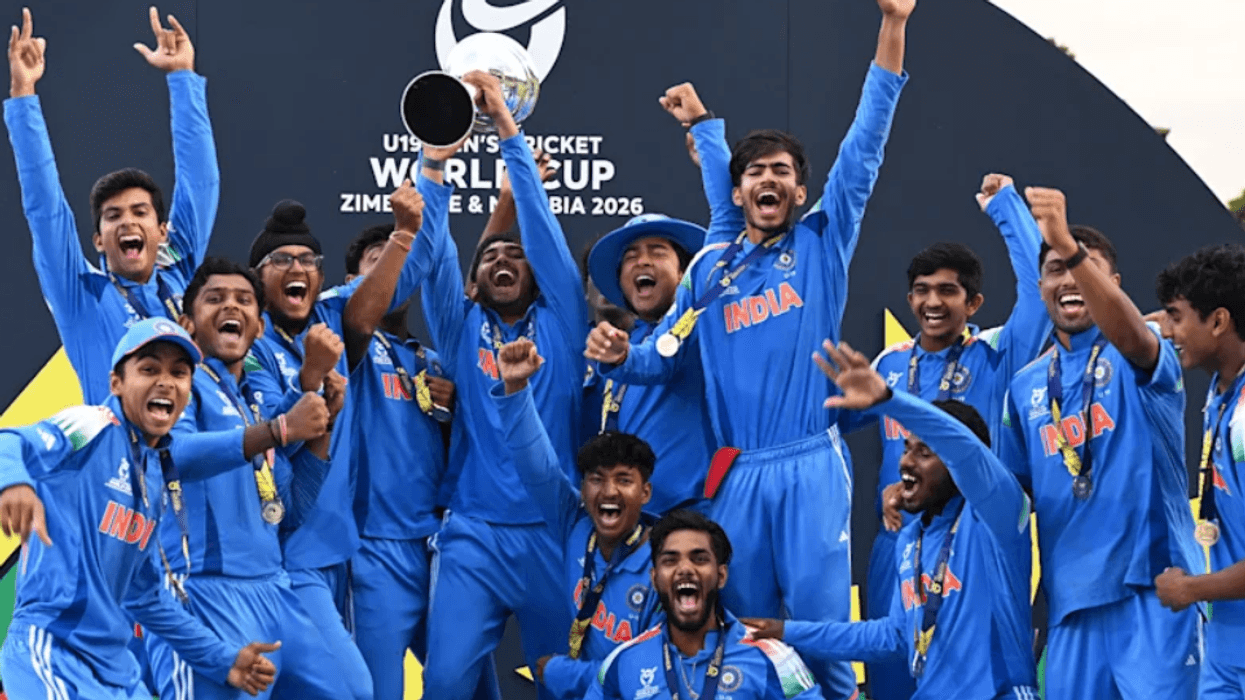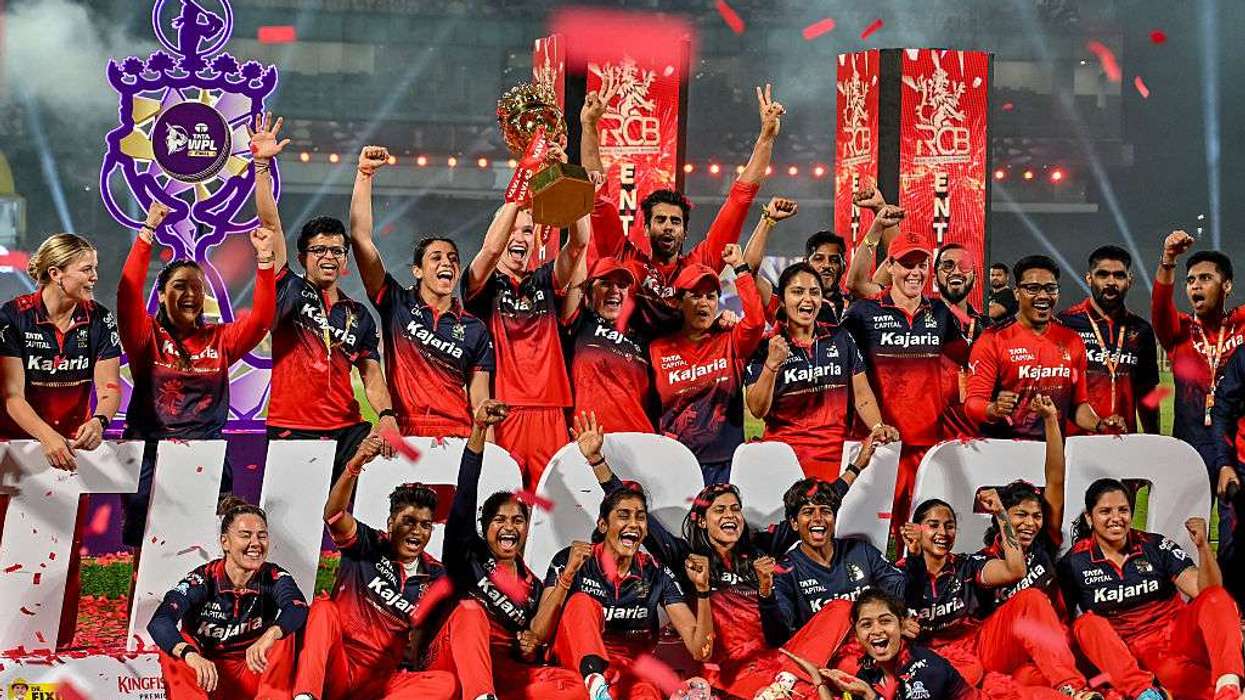GERMANY is likely to urge India to restart talks on finalising a free trade agreement (FTA) with the European Union during Chancellor Angela Merkel's meetings with government leaders in New Delhi on Friday (1), two sources with knowledge said.
Merkel, accompanied by several Cabinet colleagues and a business delegation, began talks with Indian prime minister Narendra Modi that are expected to touch on trade, investment, regional security and climate change.
Germany is India's largest trading partner in Europe and more than 1,700 German companies operate in the country.
"Having a free trade agreement with India is a long-pending demand from Germany," said one of the sources, who asked not to be identified because the talks are private.
A second source made similar comments.
Eric Schweitzer, president of DIHK Chambers of Industry and Commerce, told that India has enormous potential but there has been uncertainty among companies after an investment protection agreement between the two countries ended in 2016.
A free trade pact that has been in discussion for years would help, he said.
"Small and medium-sized German companies stand in a labyrinth of regulations and shy away from larger investment. Negotiations should restart and Merkel's visit could help," he said.
VDA, Germany's car industry association that counts automakers like Volkswagen, Daimler, BMW and Audi as members, also wants India to restart the FTA talks, said the two sources.
The Germans have raised a few other concerns, including the decline in India's auto sector, lack of stable policymaking and ad-hoc decisions which they say has affected buyer sentiment and created uncertainty among carmakers, they said.
Daimler's Mercedes-Bez, BMW and Audi dominate India's luxury car market.
India was expected to become the world's third-largest car market by 2020 with annual passenger car sales crossing five million but it has failed to live up to the heady growth it once promised.
Wholesales of passenger vehicles to dealers have fallen for the past 11 months, with sales sliding 24 per cent in September from a year ago.
While a slowing economy and liquidity crunch among lenders is to blame for the recent decline, auto executives have said that a slew of new policies and regulations in recent years, some poorly conceived and implemented, have also hurt sales and economic growth.
Merkel's visit started early on Friday, with a reception at the president's house followed by a visit to the memorial of Indian independence leader Mahatma Gandhi.
Christian Hirte, state secretary in Germany's economic ministry, said there were several sectors such as technology and education where the two countries could collaborate.
"I see good potential in the cooperation of German companies with Indian IT companies. But it would be important to sign an agreement about common standards in dealing and securing data – which is a precondition for getting data processed in India," he told.



